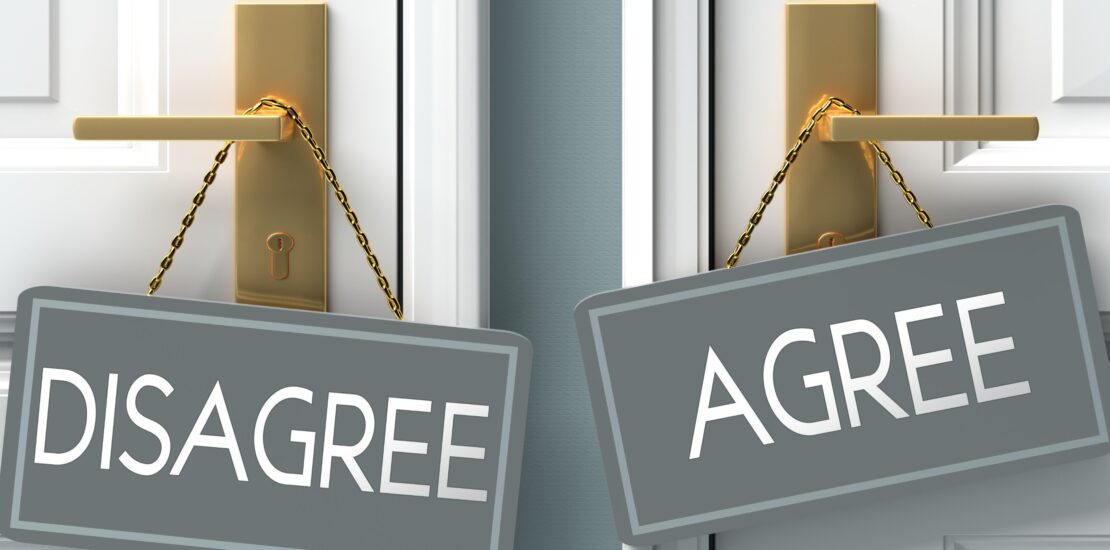sales cycle length
-
The Wall Street Journal Shares News About What it Takes to Succeed in Sales
- November 14, 2022
- Posted by: Dave Kurlan
- Category: Understanding the Sales Force

I’m not anti-Wall Street Journal – at least I wasn’t. I haven’t written about their articles before. After all, they aren’t known for writing the kind of crap that the Harvard Business Review writes with regard to sales and selling.
While reviewing the article, I identified two themes – how much harder it is to sell today versus years ago and how millennials have adapted to changing times.
-
Study Says to Highlight 3 Features in a Sales Presentation
- November 25, 2013
- Posted by: Dave Kurlan
- Category: Understanding the Sales Force
A very interesting article caught my attention on Inc. Magazine’s website. You must read the article in order to understand the following questions.

